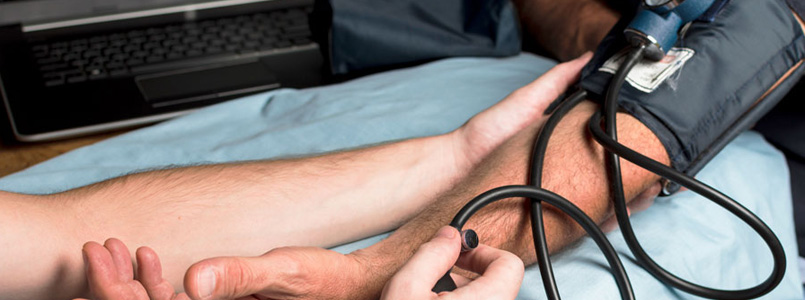Phentermine Overdose
An overdose (or OD) is defined as taking “an excessive quantity or amount” of a drug, or “too great a dose” of a medication (
The maximum daily dosage for phentermine is 37.5 milligrams. Taking significantly more than this amount in a 24-hour period, or taking more medication than prescribed, is considered a phentermine overdose.
NEVER take more phentermine than prescribed, even if you feel like your phentermine has stopped working.
To the surprise of most users, an overdose can be either acute or chronic (
Can You Overdose on Phentermine?

Yes, it is possible to overdose on phentermine. Taking too much of this drug is dangerous and potentially fatal.
Phentermine is a popular weight loss medication, but it is nonetheless a powerful central nervous system stimulant and can produce negative effects when consumed in excess. In fact, phentermine and amphetamine have nearly-identical chemical structures (
It’s not surprising, then, that taking too much phentermine can be dangerous, or even fatal – just like overdosing on amphetamines.
How Much Phentermine is an Overdose?
The amount of phentermine it takes to overdose varies widely between individuals. Drug combinations, previous exposure to phentermine, and biological & lifestyle factors all affect a specific patient’s likelihood of overdose.
New users or people with a low tolerance are more likely to take too much, but even long-term users can overdose on phentermine (
- ALWAYS ask a doctor and pharmacist before combining any drug, medication, or supplement with phentermine.
- Do not drink alcohol, smoke, or consume excessive caffeine while taking phentermine.
Phentermine Overdose & Death
A major phentermine overdose can be fatal.
This medication activates the sympathetic nervous system to produce a hormonal cascade similar to “fight or flight” (
Taking too much phentermine (or combining this medication with other drugs that increase its effects) can overstimulate the central nervous system and lead to dangerously high blood pressure and heart rate, or even circulatory collapse and death (
Overdose of pharmacologically similar compounds (like amphetamines) also leads to convulsions (seizures) and coma. So, these reactions are also a concern with excessive phentermine ingestion – especially in patients with multiple substances in their systems.
Overdose Symptoms
A phentermine overdose is a medical emergency. Call 911 or go to a hospital right away if you suspect that you or someone else may have taken too much phentermine.
Common overdose symptoms include:
- Abdominal cramps
- Aggressive behavior (assaultiveness)
- Chest pain
- Confusion
- Diarrhea
- Fast breathing
- Hallucinations
- High or low blood pressure
- Irregular heart rate (arrhythmia)
- Jumpiness (hyperreflexia)
- Nausea or vomiting
- Panic
- Restlessness
- Shakiness (tremor)
Fatigue and depression often follow this heightened state of stimulation (
What to Do

NEVER try to treat an overdose at home. Always seek professional advice in the case of a suspected phentermine overdose.
Depending on the severity of the overdose, you can:
- Call your prescribing physician
- Contact Poison Control Centers online or over the phone (1-800-222-1222)
- Contact emergency medical services (911)
Call 911 immediately if you or someone with you is already displaying phentermine overdose symptoms, or has trouble breathing, seizes or collapses (
- Merriam-Webster, Incorporated. (2019). Overdose.
- U.S. Food and Drug Administration. (2012). Adipex-P (phentermine hydrochloride) capsules label [Brochure].
- National Center for Biotechnology Information. PubChem Database. Amphetamine, CID=3007.
- National Center for Biotechnology Information. PubChem Database. Phentermine, CID=4771.
- Liapko, G. (2019, March 19). How to Recognize a Phentermine Overdose (& Next Steps).
- U.S. National Library of Medicine. (2006, January 12). PHENTERMINE.
- National Capital Poison Center. (2019). Poison Control expert help online or by phone.

